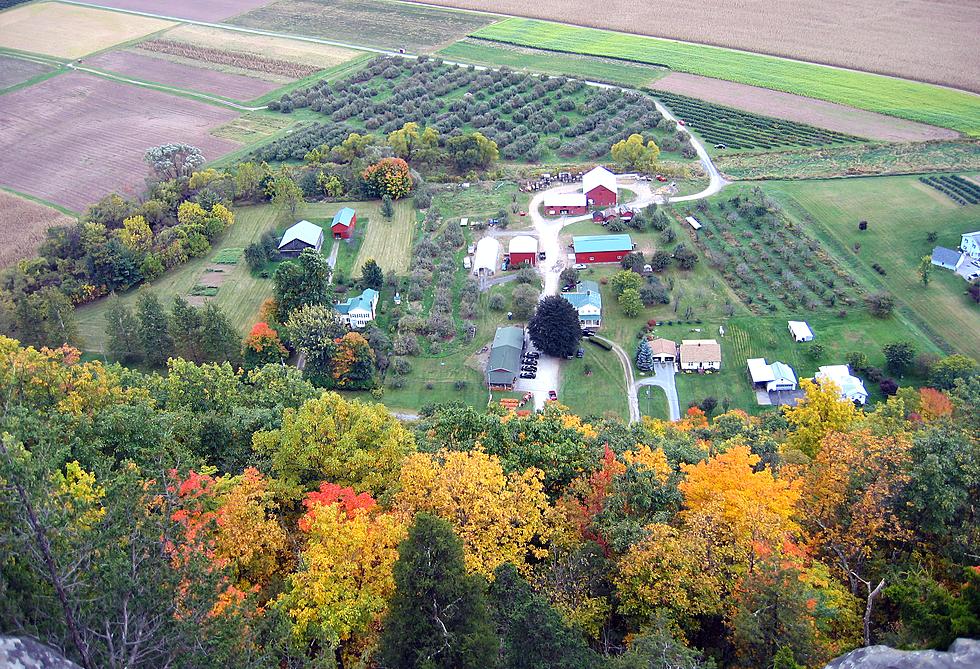
Why ‘Lodger’ Is Unjustly Overlooked in David Bowie’s Berlin Trilogy
David Bowie's Lodger has often been painted as the weakest installment in the artist's vaunted Berlin Trilogy. It took time, but eventually the May 1979 album's initially chilly reception thawed a bit, making Lodger more like Bowie's Return of the Jedi than his Godfather: Part III.
But does Lodger even belong in a trilogy with Low and Heroes? The album's two Berlin-recorded predecessors were released months apart in 1977 and had similar formats, with the second sides of both comprised mostly of instrumentals. Lodger didn't take residence in record stores until almost two years after Heroes – making for the longest time between Bowie studio releases since Space Oddity – and had no instrumentals. On top of that, this album wasn't even recorded in Berlin, but Switzerland and New York.
These three albums were not created as one unit, but they became inextricably tied when the Thin White Duke landed on a marketing strategy for Lodger. Although the Berlin tag stuck, a better name would have been the Eno Trilogy, seeing as former Roxy Music member and avant-garde wizard Brian Eno contributed to all three albums. In fact, Lodger is probably the most collaborative of the Bowie/Eno records, with the two musicians writing the material to a greater extent than before.
The result is the rare oddity of an album that's both more accessible and more experimental than the other two. Dissonance is played to the hilt, Adrian Belew's guitar solos are chopped up and spit out, Middle Eastern music clashes with reggae and worldbeat sits alongside Krautrock – but all within the confines of pop songs.
At one point, Eno and Bowie considered having the same chord changes for each song, although that ended up being the approach for only two tracks (two of the best, actually - the opener "Fantastic Voyage" and the single "Boys Keep Swinging"). In addition, "Move On" was crafted by playing along to a backward recording of "All the Young Dudes" and then playing the new, galloping version backward and recording more parts on top of that.
Listen to David Bowie's 'Fantastic Voyage'
Yet for all the weirdness, there are plenty of catchy songs here. "Boys Keep Swinging" updates Bowie's funk era via a punk attitude. (He actually asked his studio band to switch instruments to add rawness.) "DJ" builds skittering synthesizers and schizophrenic solos into a danceable gem (the killer guitar solo was played by Belew in multiple takes that were edited by Eno into a final version that could not be recreated in concert). "Look Back in Anger" mixes a pummeling drive with Beatle-y backing vocals and "Fantastic Voyage" glides along on Bowie's icy cool.
Reportedly, the relationship between Eno and Bowie frayed during the album sessions, but each would take elements from Lodger into their future projects.
The collaboration served as the prototype for Eno's worldly experiments with David Byrne: Echoes of Lodger can be heard on both on My Life in the Bush of Ghosts and Talking Heads' Remain in Light. Meanwhile, Bowie would remain song-oriented on his next few albums, as 1980's Scary Monsters continued the bleeding-heart politics infused into some of Lodger’s most socially conscious songs.
Lodger might always be considered the least essential part of a trilogy, but as a postcard from one of Bowie's most exciting phases, it's a fascinating glimpse of the artist in the midst of a bold transition.




